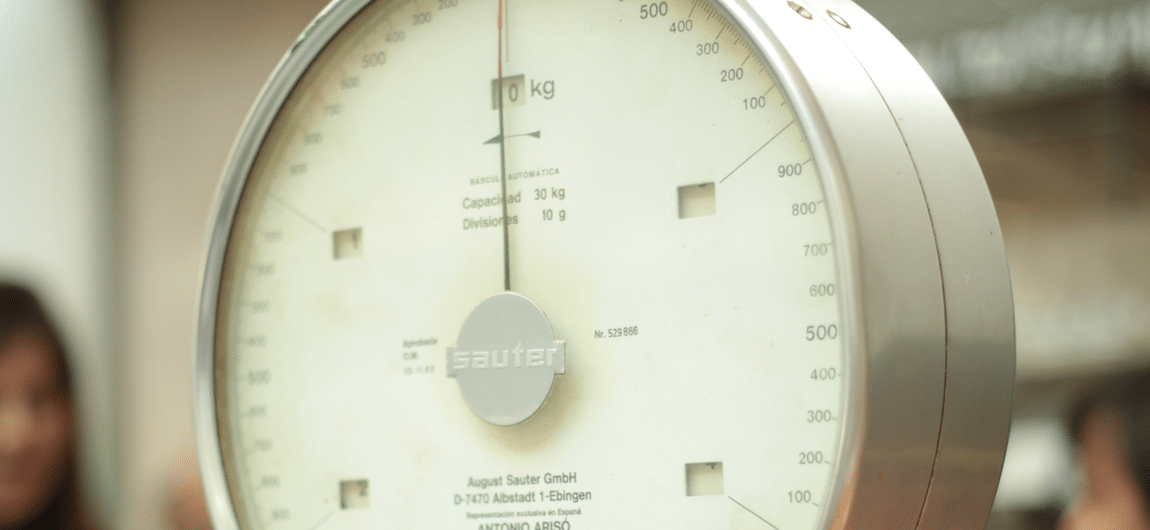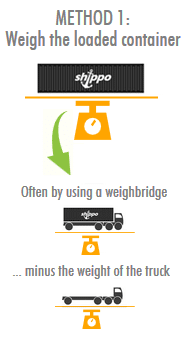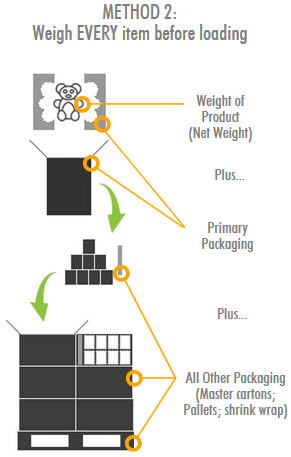Over the recent years there has been a lot of discussion around containers that are actually heavier than they were declared. This can lead to damage to loading equipment, unevenly loaded vessels and dangerous container movements. Here’s an overview of what the International Convention for the Safety of Life at Sea (SOLAS) have done about it.
What do I (or my supplier) have to do about it?
There are two ways to establish the verified mass. The Shipper can weigh the shipment themselves (using method 1 or 2 below) or they can designate a third party to weigh the products for them. If they wish to weigh the goods themselves here are the two possible methods:
What’s the rule?
All shipping containers will have to be accompanied by declarations of their verified gross mass (VGM).
There has always been a requirement to declare the weight of a container but the powers that be are cracking down on how accurate these declarations are. The new legislation requires the Shipper (probably your supplier if you’re importing, or you if you’re exporting) to declare the VGM for each shipment. This weight must include everything being shipped; the product, the primary packaging (any box/bag/padding that is used to package the product) and any secondary packaging (master cartons/pallets/shrink wrap/strapping/dunnage etc.) that’s also loaded into the container.
To establish the mass of the shipment the shipper must follow one of the below methods. The equipment used for the weighing, however, must meet the accuracy standards and requirements in the state in which the equipment is being used. In the UK, if the Shipper declares the weight of their shipments using their own equipment (rather than asking a third party such as a loading agent or using a weighbridge) they must register their equipment with the authorities and keep calibration and maintenance records. Weighing Equipment doesn’t seem to be as stringently regulated in certain parts of Asia (if that’s where you’re importing from) however, your supplier should ensure they are complying with their local requirements.
What if we don’t comply?
The Shipper, probably your supplier (import) or yourself (export) will have no option but to provide the verified gross mass of the shipment before the goods can sail.
Where the verified weight has not been provided the container shall not be loaded on to the ship.
Any inaccuracies may also cause delays and the Chinese Ministry of Transport have issued their guidance on enforcing these new container weighing requirements. They have confirmed random inspections of containers leaving China will take place. If the declared weight is out by over about 3% then the container will be detained until “the potential risk of safety has been minimised”. It’s widely thought that this either means that goods could be removed before the container or that the goods would miss the vessel. Either was the container would be reweighed and any costs incurred would have to be paid and a fine would most likely be imposed.


